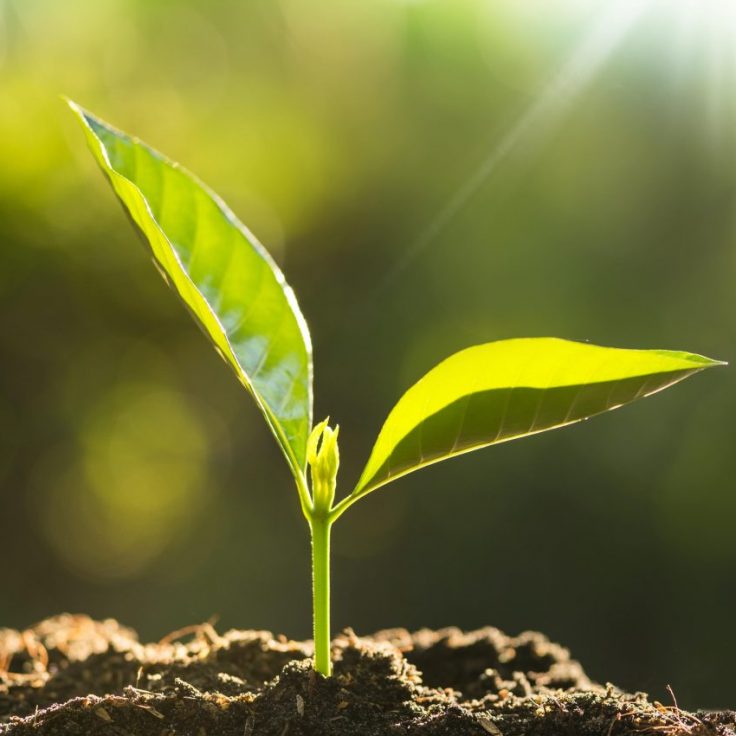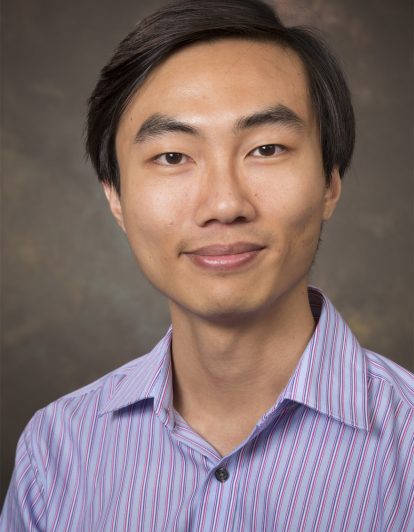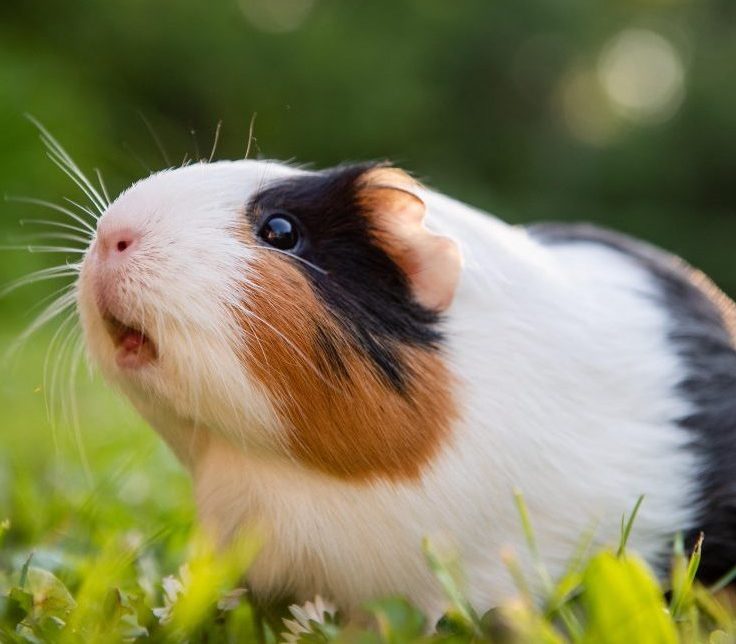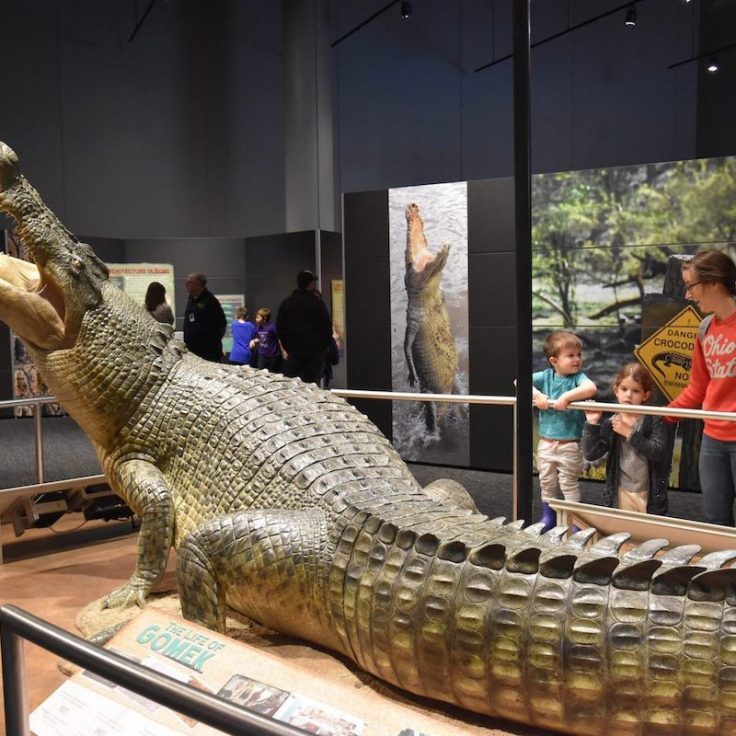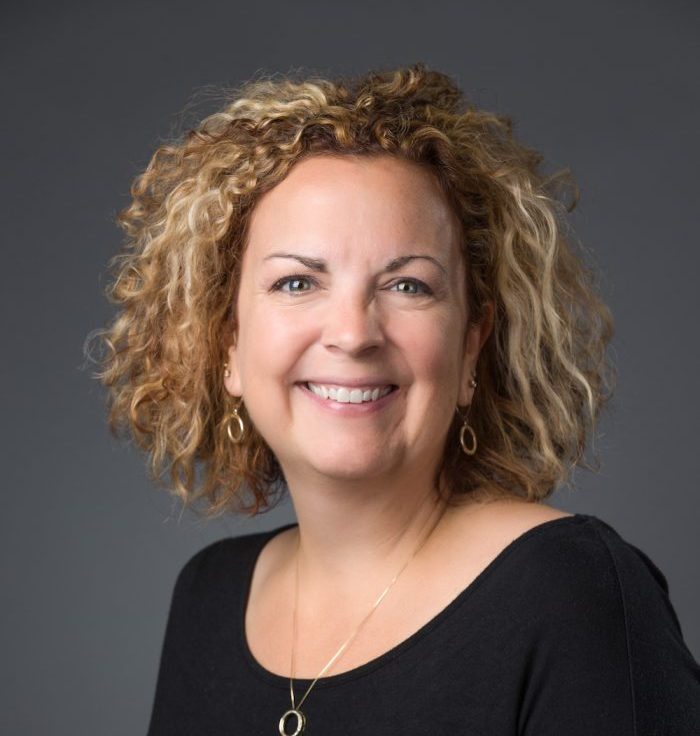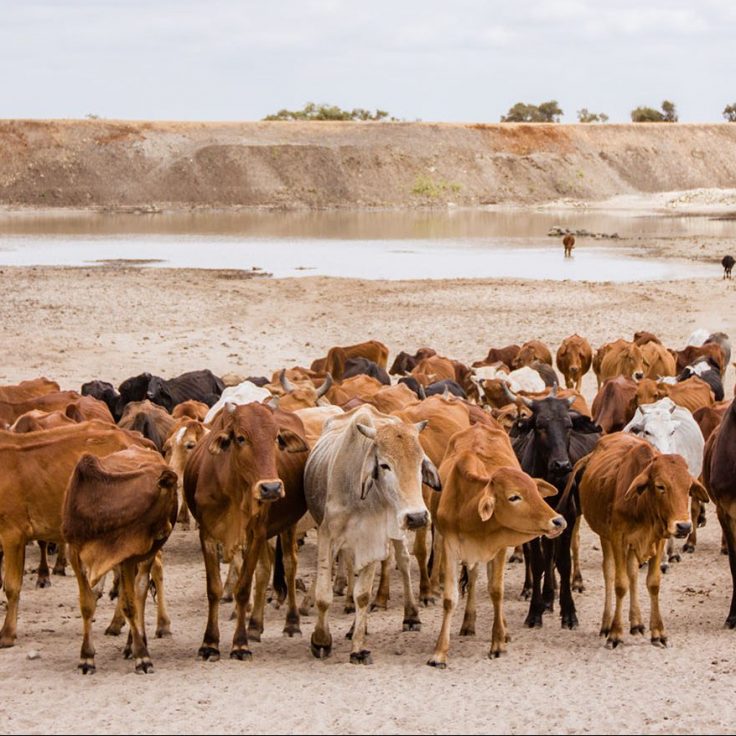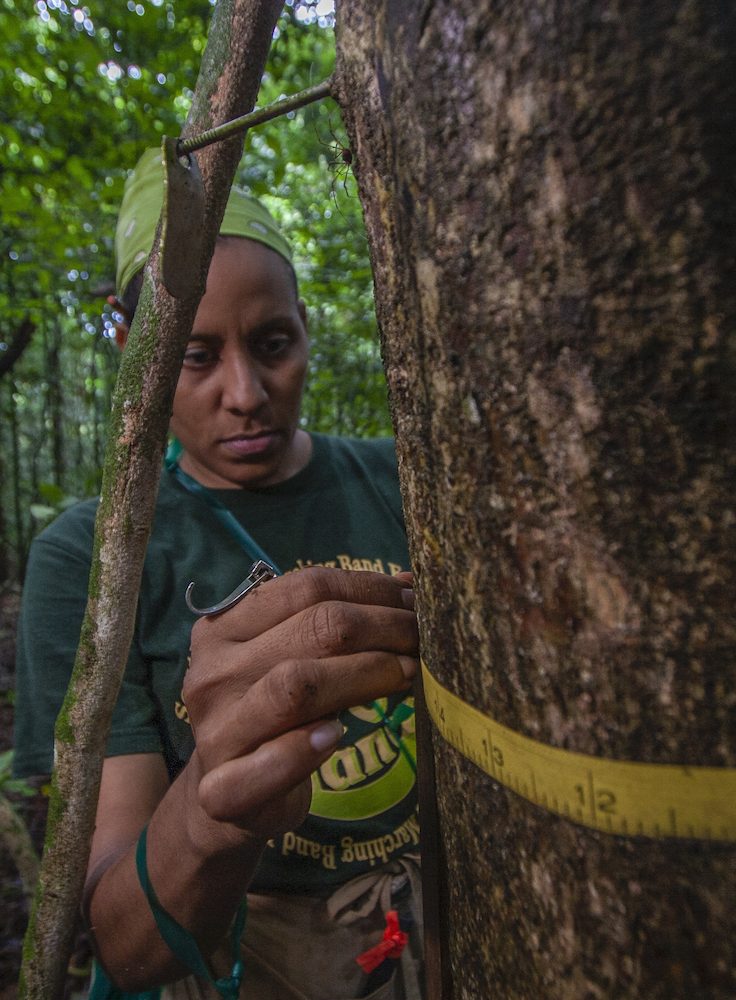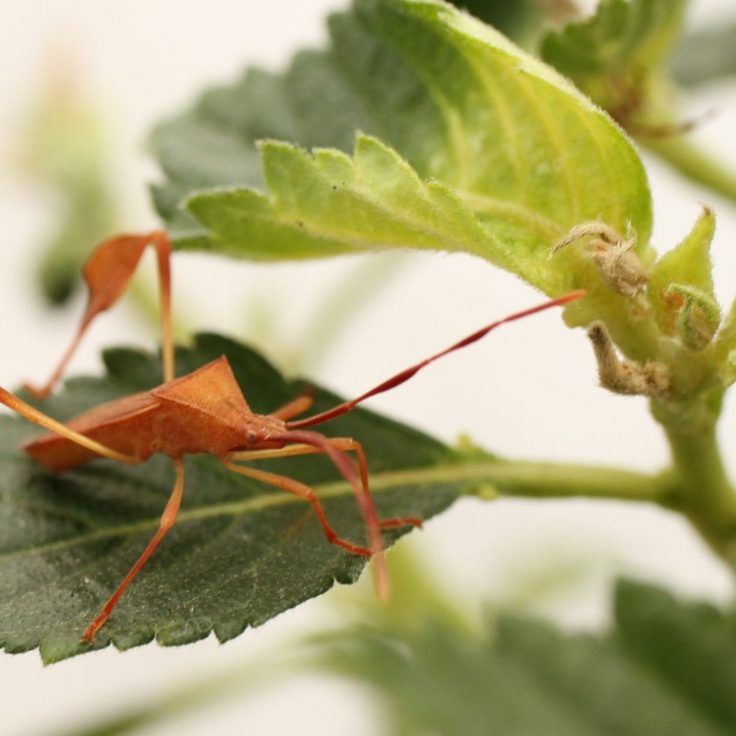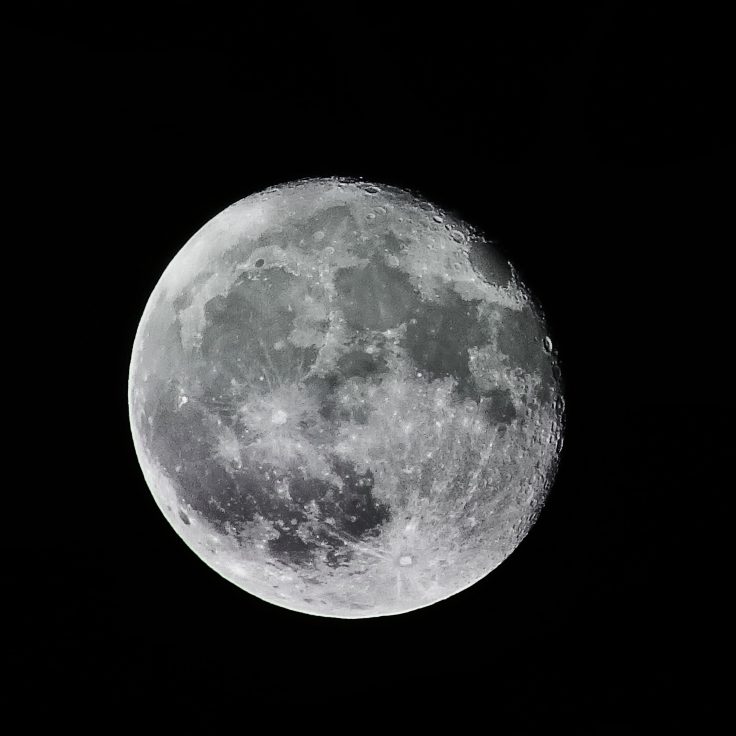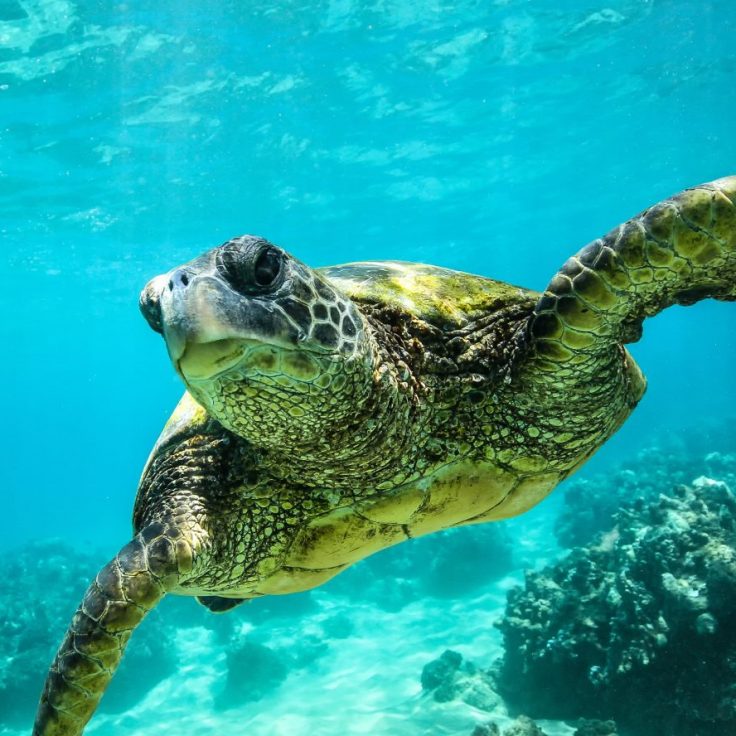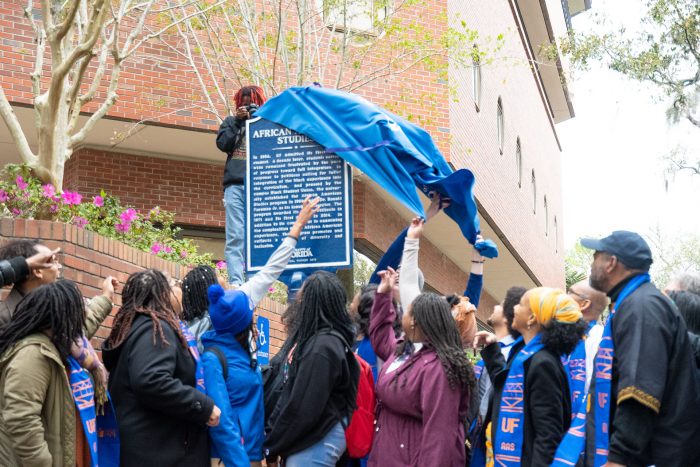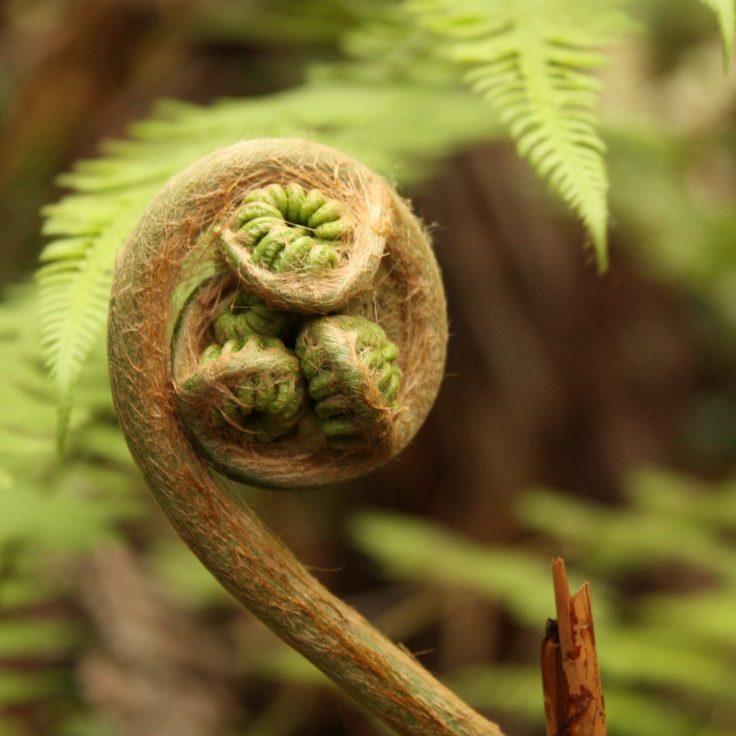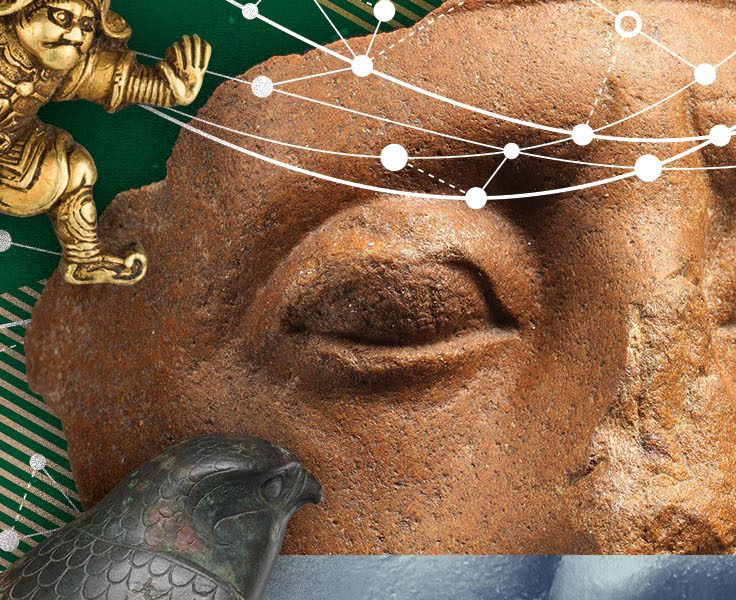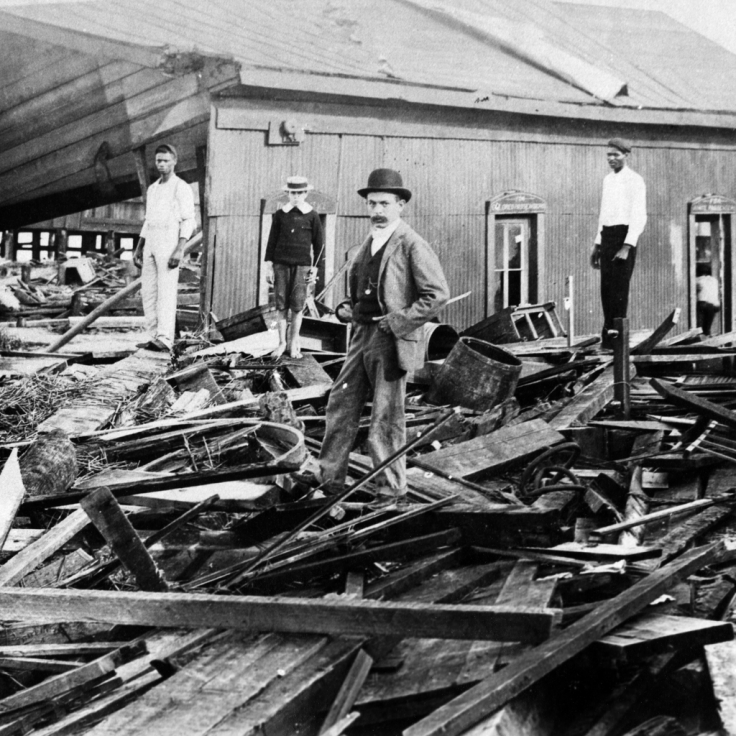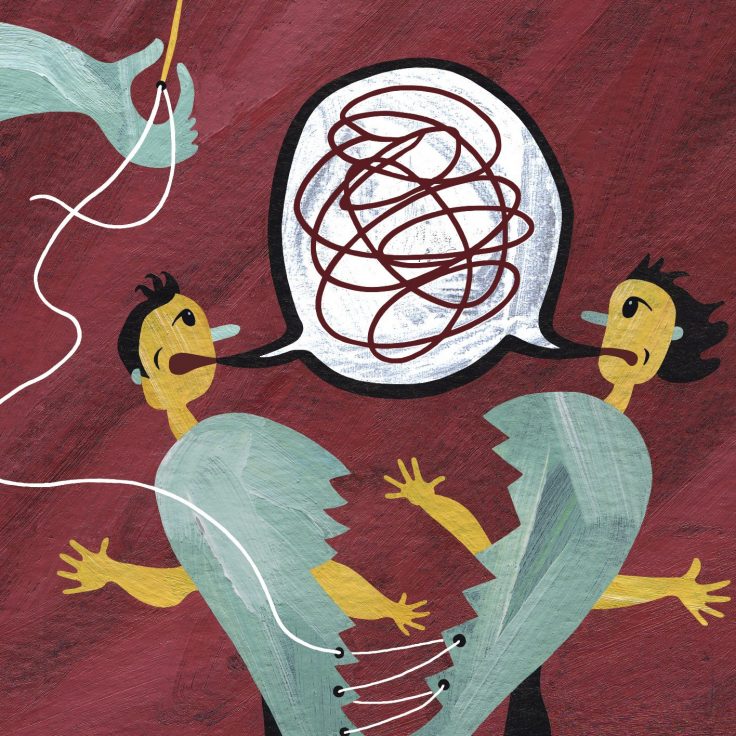Research News
Geography Professor Analyzes Impact of San Francisco Bay Area Coastal Flooding on Commutes
Geography professor Katy Serafin projects how coastal flooding will impact commutes in the San Francisco Bay Area over the next 20 years.
Can Sunlight Solve the Global Energy Crisis?
New research from professor Wei David Wei makes the case that using sunlight to promote chemical reactions could be a unique way to address the global energy crisis.
Aboard the International Space Station, Super-Resolution Camera to Capture Images of Earth
A UF Astronomy team's camera can capture a snapshot of the entire Earth in half an hour.
How Genetics Guide the Evolution of Language
UF Linguist Kevin Tang's research adds a new dimension to our understanding of language change.
Uncovering the Origin of the Domesticated Guinea Pig
New sheds light on how guinea pigs came to be found around the world and offers tantalizing clues for how they came to be domesticated.
Model Shows How Masks and Social Distancing Could Control Coronavirus
Non-pharmaceutical measures could control the coronavirus, but only if done right.
Crocodile Talk
Kent Vliet thinks crocodilians get a bad rap.
On the Inside
Jodi Lane prepares new researchers to directly engage incarcerated people.
Golden Years
Carolyn Tucker's initiative empowers elders to improve their mental, physical and spiritual health.
Milk Pioneers
Research by anthropology professor Katherine Grillo sheds a light on human evolution.
Protecting Tropical Forests by Predicting their Growth
A digital model makes it possible to effectively manage the regrowth of these essential ecosystems.
Drastic Measures
Evading predators isn't the only reason these bugs abandon their legs.
New Research Provides a Clearer View of the Moon’s History
Geology professor Stephen Elardo's research shines new light on how the Moon developed.
Why do Sea Turtles Consume Plastic? Blame the Smell
New research finds a surprising reason for why sea turtles consume plastic debris.
African American Studies Celebrates 50th Anniversary
The African American Studies program celebrated its 50th anniversary on February 20 and 21 with the unveiling of a new historical marker, commemorative speeches, musical performances and a symposium reflecting on the program’s significance.
When the Dinosaurs Died, the Ferns Survived
Biology professor Emily Sessa receives NASA grant to understand why ferns bounced back after a mass extinction.
Reimagining the Humanities
Now in its second decade, the Center for the Humanities and the Public Sphere is bringing disciplines together to tackle grand-challenge questions.
Lessons from Hurricanes Past
With the help of digital technology, UF professor Ken Sassaman plans to bring the history of a devastated town to the present.
Petty Disputes, Serious Study
Professor of Linguistics Diana Boxer put Thanksgiving quarrels to good use in a new study focused on bickering.
Dragging Language Textbooks into the Digital Age
Professor Gillian Lord has co-created an all-digital, low-cost Spanish language program that looks to give students have a more relevant, meaningful experience in class.

